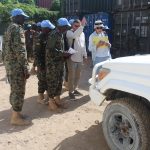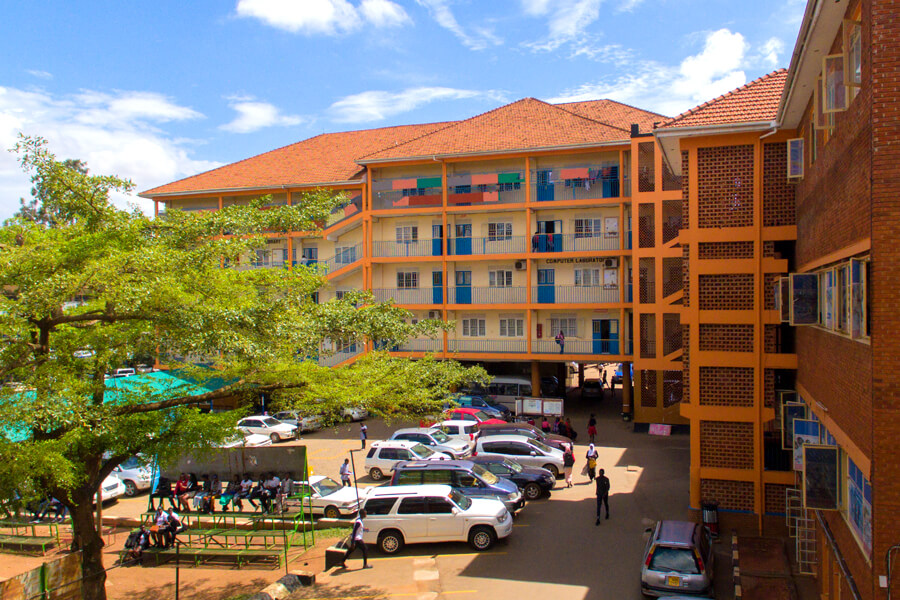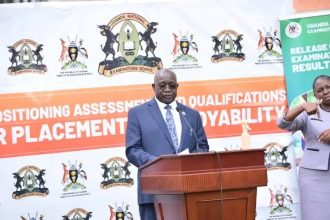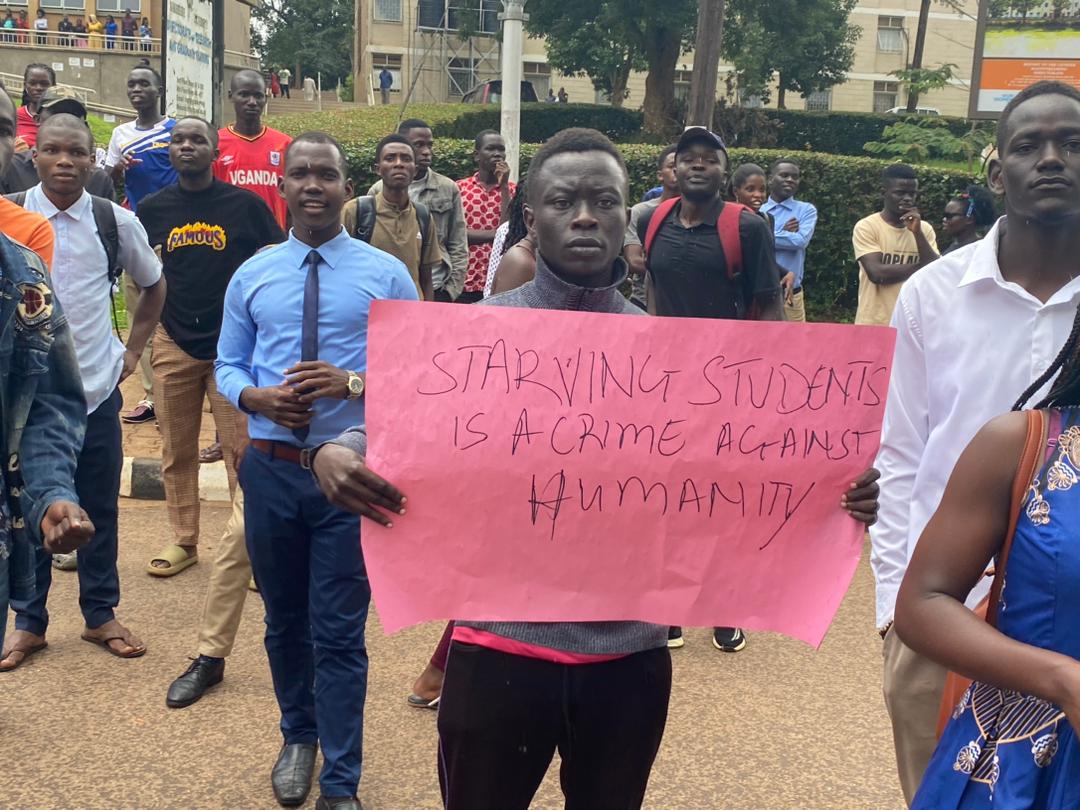Kotido, Uganda — A heartbreaking reality is unfolding in Uganda’s Karamoja Region, where Losakucha Primary School, located in Kapeta Sub County, Kotido District, has become a flashpoint in the national conversation about education equity.
With 1,557 pupils enrolled and only a handful of functioning classrooms, the school has taken an extreme yet urgent measure: converting daytime classrooms into makeshift dormitories.
At night, learning spaces become survival spaces. Desks are shoved aside. Mats and torn blankets replace them on bare concrete floors.
By dawn, the very floors children slept on are swept and repurposed for lessons. It is a cycle that repeats every day — for 155 boarders, including 43 Primary Seven candidates — underscoring just how far communities are willing to go for education.
Losakucha Primary is one of the busiest schools in Karamoja. Its growing population reflects both increased enrollment efforts and rising community trust. However, as the numbers grew, facilities lagged behind.
The school currently has 1,557 pupils, including 155 boarders — 88 boys and 67 girls — in Primary Four to Primary Seven. Among them are 43 Primary Seven candidates preparing for final exams.
According to Headteacher Akot Susan, the decision to board pupils stemmed from the urgent need to retain students who walk several kilometers daily to attend classes. “Many of these children come from villages over nine kilometers away,” she said. “When rains begin or food runs short, they miss school. Boarding gives them a fighting chance.”
However, in a school without a single purpose-built dormitory, and where classrooms lack basic ventilation and nighttime lighting, the solution comes with enormous trade-offs.
Each evening, designated classrooms are transformed. A Primary Seven room, still covered in chalk from the day’s math lesson, becomes sleeping space for ten adolescent boys. The only privacy is silence; the only comfort comes from patched blankets, straw mats, and dreams of academic success.
“My blanket is just part of my father’s old coat,” said 12-year-old Lokol Joseph, one of the candidates. “But I sleep beside my books, and that reminds me why I must stay.”
Girls face additional challenges. With no dormitory designated for them, many walk home nightly, navigating poorly lit paths and exposure to risks. “We want to board too,” whispered Akeru Agnes, a Primary Six pupil. “But there’s nowhere safe for us.”
The crisis hasn’t just pushed children to the edge — it has tested the endurance and sacrifice of staff. Teachers now alternate nighttime supervision shifts, sleeping on benches beside their pupils. Headteacher Lomuria remains on-site most nights, managing not just academics, but also safety, meals, and emotional needs.
“We are more than educators now,” he said. “We are guardians, cooks, medics, even parents. Because the alternative is watching these children fall away.”
Without a kitchen or water tap, pupils bathe at a community borehole. Meals are cobbled together from contributions by parents — many of whom struggle economically but prioritize learning above all.
In a gesture of resilience, Kapeta Sub County residents donated 20 acres of land for the school to grow food crops and reduce reliance on community kitchens. “It may take time, but this land is our hope,” said Paul Ilukol, Chairperson of the School Management Committee. Parents have committed to clearing and planting it once the rains arrive.
The school also recently benefited from a UNICEF-funded WASH initiative, part of the KOICA partnership that improved water access and sanitation for over 65,000 learners across Karamoja. Still, teachers say deeper support is needed to sustain health, nutrition, and dignity among their students.
Uganda’s Ministry of Education prohibits the use of classrooms as dormitories, citing risks of fire outbreaks, poor hygiene, and overcrowding. In Amolatar District, authorities have actively banned the practice.
However, Kotido education officials acknowledge the grey area, arguing that condemning these adaptations without offering alternatives is unjust.
“These aren’t defiant schools — they’re desperate,” said one official. “Policy must reflect reality. Losakucha isn’t violating the law — it’s saving lives.”
Despite the strain, Losakucha’s spirit remains unbroken. The school continues to record higher attendance, better engagement, and a renewed culture of hope. Teachers report a spike in confidence and participation among boarding students, especially those in exam classes.
“This is more than a sleeping arrangement — it’s a lifeline,” said a senior teacher. “Every day they show us that education matters. All we ask is that someone shows up for them.”
The children of Losakucha don’t ask for luxuries. They sleep where they learn. They dream among chalk dust and stand tall in overcrowded spaces.
Their story isn’t one of pity — it’s one of courage. But courage needs infrastructure. And if there is any school in Uganda that has earned a proper dormitory through grit and sacrifice, it is Losakucha Primary.

























